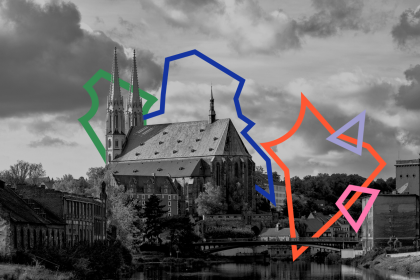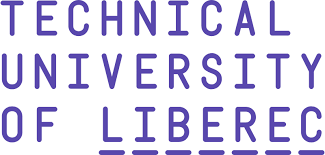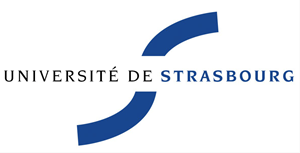The collaborative research project, "Borders as a Central Factor Shaping Perception of European Societies (B-SHAPES)," seeks to explore the role of borders in shaping the perception of Europe and European societies in the 21st century, as well as cross-border narratives regarding what unites Europe. The project aims to reveal the challenges posed by re-bordering in Europe. Borders play a key role in shaping our perceptions of societies, culture, heritage, and belonging.
Three empirical working packages will also scrutinize the impact of the migration crisis, the COVID-19 pandemic, Brexit, and growing Euroscepticism in border regions on the shape of the borders themselves, national minorities, and border landscapes.
Borders continue to be a decisive factor in shaping perceptions of 'us' and 'them,' culture, identity, and belonging. Therefore, it is necessary to refocus on the central role of borders in the European integration project and how they influence people's perceptions of Europe's historical and cultural past, heritage, culture, identity, and belonging. B-SHAPES will apply various participatory and ethnographic methods of Citizen Science, with a special focus on youth and minorities, to collect data in different European border regions, scrutinizing this challenge with the aim of developing strategies and innovative policies that use more inclusive approaches to cultivate joint natural, cultural, and historical heritage.
The results of the project will pave the way for a reconfiguration of heritage policies, replacing national approaches with cross-border European approaches to heritage, culture, and belonging. These approaches will empower citizens and economic sectors to contribute to the creation of more inclusive visions of culture and values, ultimately improving the quality of life not only in border regions but also throughout Europe.
B-SHAPES is a part of the European Union’s research program Horizon Europe and is coordinated by the Centre of Border Region Studies at the University of Southern Denmark (SDU).
ENRS is a part of the Working Package 7: Communication, dissemination, and exploitation.
Three empirical working packages will also scrutinize the impact of the migration crisis, the COVID-19 pandemic, Brexit, and growing Euroscepticism in border regions on the shape of the borders themselves, national minorities, and border landscapes.
Borders continue to be a decisive factor in shaping perceptions of 'us' and 'them,' culture, identity, and belonging. Therefore, it is necessary to refocus on the central role of borders in the European integration project and how they influence people's perceptions of Europe's historical and cultural past, heritage, culture, identity, and belonging. B-SHAPES will apply various participatory and ethnographic methods of Citizen Science, with a special focus on youth and minorities, to collect data in different European border regions, scrutinizing this challenge with the aim of developing strategies and innovative policies that use more inclusive approaches to cultivate joint natural, cultural, and historical heritage.
The results of the project will pave the way for a reconfiguration of heritage policies, replacing national approaches with cross-border European approaches to heritage, culture, and belonging. These approaches will empower citizens and economic sectors to contribute to the creation of more inclusive visions of culture and values, ultimately improving the quality of life not only in border regions but also throughout Europe.
B-SHAPES is a part of the European Union’s research program Horizon Europe and is coordinated by the Centre of Border Region Studies at the University of Southern Denmark (SDU).
ENRS is a part of the Working Package 7: Communication, dissemination, and exploitation.


























Official website
Facebook
Twitter
Read more